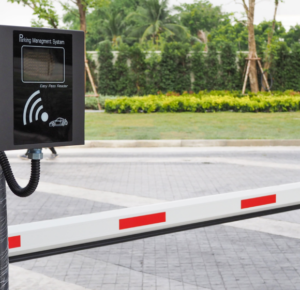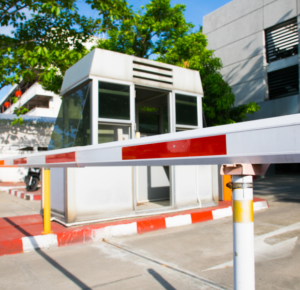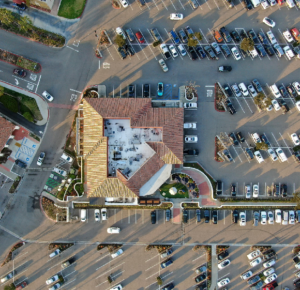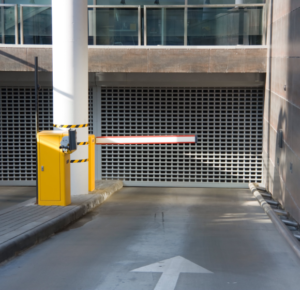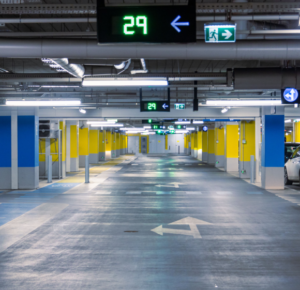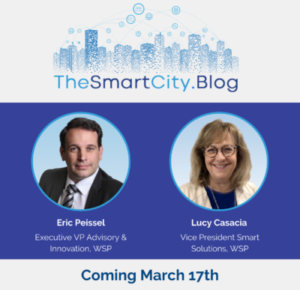The Future of Congestion Pricing


- June 2023
- Grant Furlane, LocoMobi World
As urban areas continue to grow, congestion pricing is likely to become more common as a way to manage traffic and reduce congestion. This could take the form of tolls on certain roads or bridges, fees for entering certain areas of the city, or dynamic pricing that adjusts based on the time of day or level of congestion.
Advancements in technology will play a key role in the future of congestion pricing, with the use of electronic tolling systems and automated enforcement making it easier to implement and enforce. There may also be useful for data and analytics to fine-tune pricing strategies and predict traffic patterns.
However, there are also concerns about the equity of congestion pricing, as it can disproportionately impact low-income residents who may not have alternative transportation options. As such, there will need to be careful consideration of how to balance the benefits of congestion pricing with the needs of all residents.
Overall, the future of congestion pricing is likely to involve a mix of technological advancements and policy decisions aimed at reducing traffic congestion and promoting more sustainable transportation options.
As congestion pricing becomes more prevalent in cities around the world, analytics will play a crucial role in optimizing the system. By collecting and analyzing data on traffic patterns, travel times, and congestion levels, transportation officials can make informed decisions about pricing structures, allocation of resources, and infrastructure improvements. Analytics can also help identify patterns and trends in driver behavior, which can be used to inform policy decisions and improve the overall efficiency of the system. With the right analytics tools and strategies in place, congestion pricing can become a powerful tool for reducing traffic congestion, improving air quality, and promoting sustainable transportation options.
Locomobi World is a technology company that specializes in parking and transportation solutions. One of their main focuses is on developing congestion pricing systems, which charge drivers a fee for driving in congested areas during peak hours. This pricing strategy is aimed at reducing traffic congestion and improving air quality in urban areas.
The future of congestion pricing is uncertain, as it is still a relatively new concept in many parts of the world. However, some cities, such as London and Singapore, have implemented successful congestion pricing schemes, which have reduced traffic congestion and improved air quality.
As more cities around the world continue to face traffic congestion and air pollution issues, congestion pricing will likely become a more popular solution. Locomobi World’s technology and expertise in this area could play a significant role in shaping the future of transportation and urban planning.
Locomobi World will implement a computer vision model this quarter in a major city in Canada that will include a congestion management application.
Recent posts


